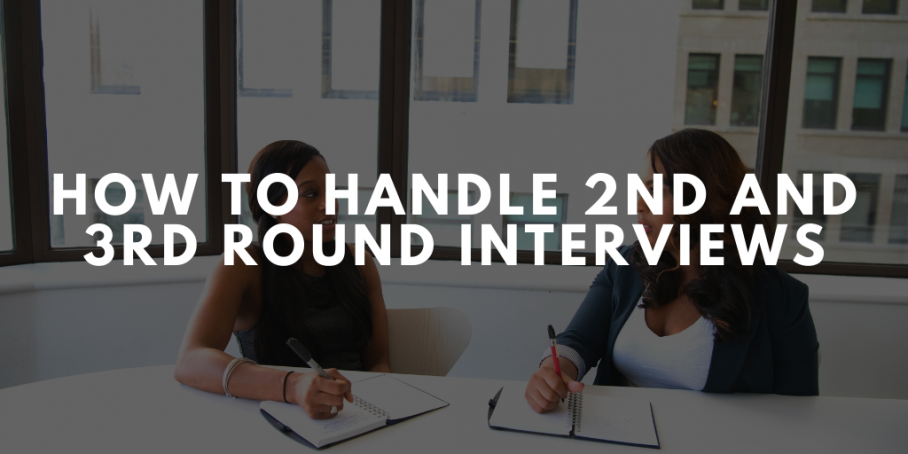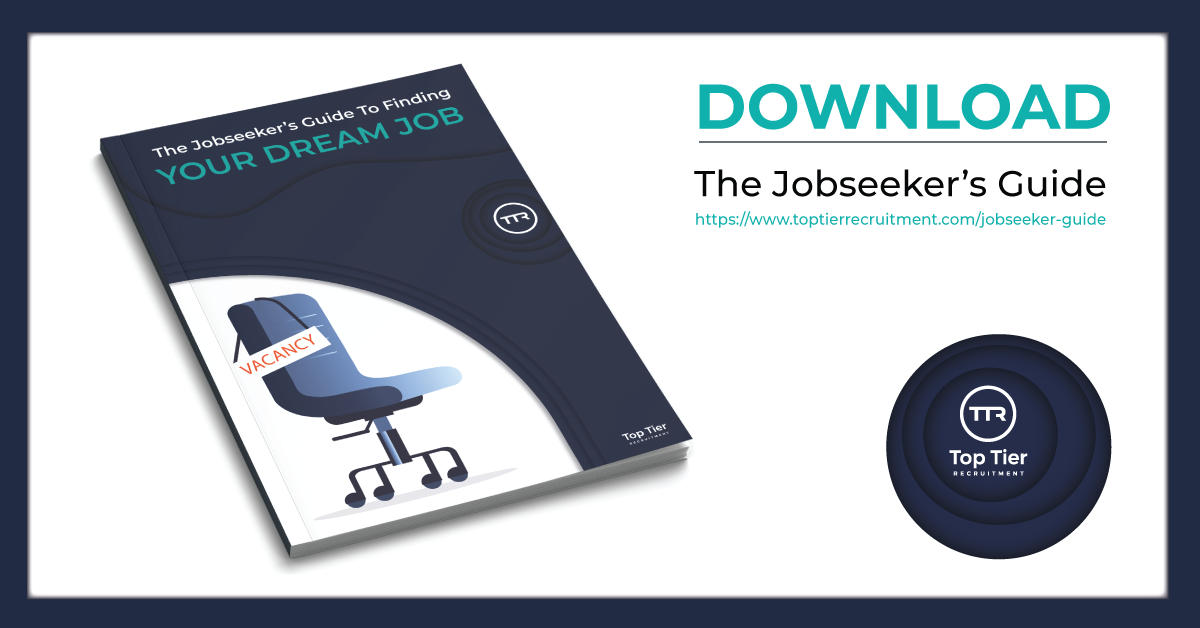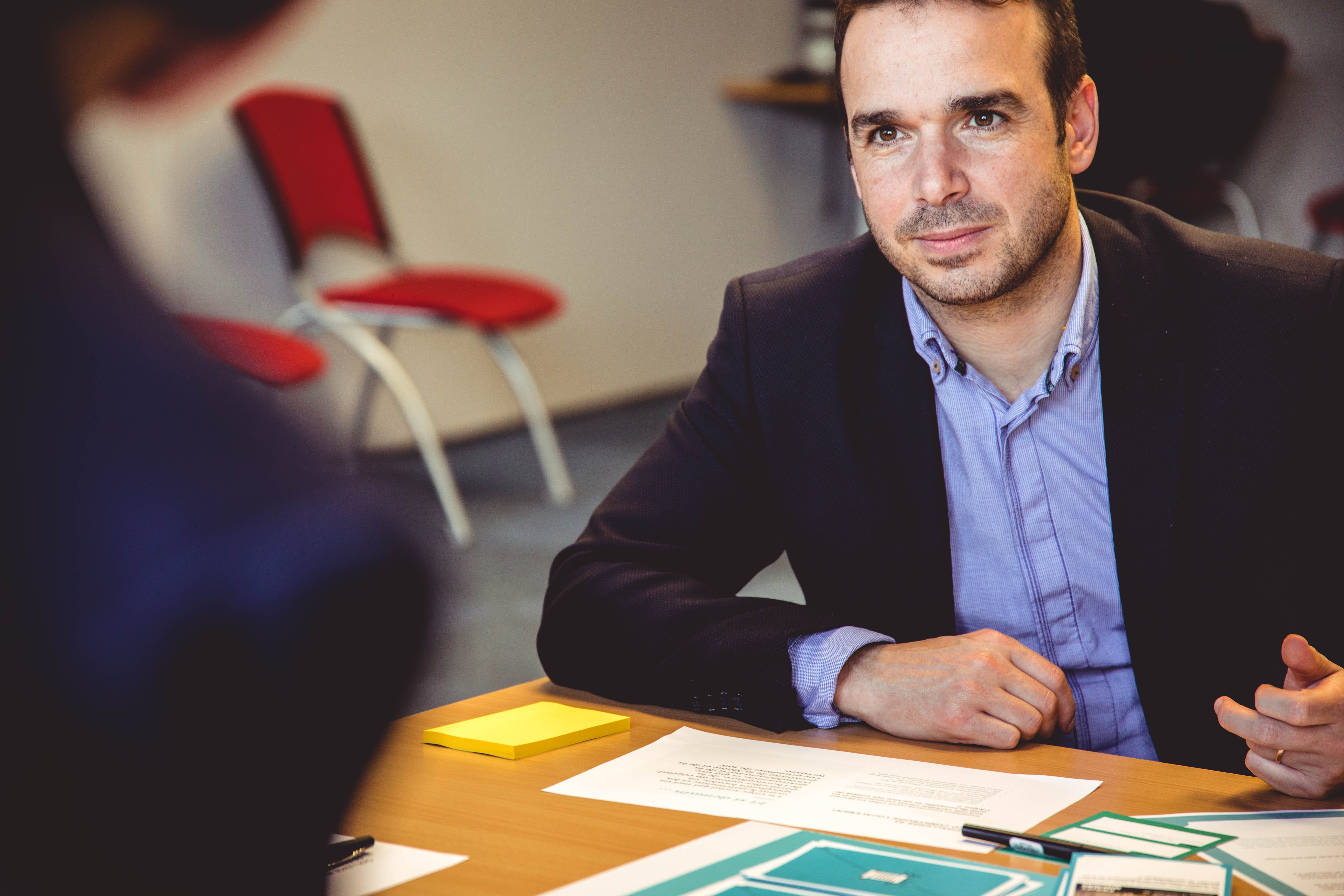How To Handle 2nd and 3rd Round Interviews

Made it through the first interview? Well done!
Below, Laura and Paul explain how to handle the second and third-round job interviews . . .
But first . . .
While You're Here: Get The Jobseeker’s Guide To Finding Your Dream Job
Want some extra help to land the job of your dreams? 
The 'Jobseeker’s Guide To Finding Your Dream Job In Ireland's Financial Services & FinTech Industries' will help you put a plan in place to secure your dream job. You’ll know how to prepare well, how to ace those interviews, and how to handle the next stage.
You can download the free Jobseeker's Guide now.
Podcast Discussion
Ok, let's get into the discussion . . .
How To Handle 2nd and 3rd Round Interviews
Laura: Today we're going to discuss what the differences are between the second and third round entries because it is something that comes up quite a bit for us, isn't it?
Paul: Yeah. Well, I suppose it's the difference between the first rounds and next rounds.
Laura: Absolutely. What's the difference between the different stages, Paul?
Paul: Yeah, so I suppose first round... I always recommend that people make sure they leave their first-round having sold themselves really well and gives you the... Or that employer wants to bring you back. It's a little bit more about what you can do. It's a little bit more around putting your best foot forward. It's maybe not asking tricky questions of the employer for the very first round. You want to make sure that you're kind of brought back. Then, any rounds after that, whether it's a second-round with HR or third round case study or whatever, that's when you can kind of start to dig a little bit more into the company, I suppose.
Paul: But yeah, there are kind of differences between first, second, third, fourth, fifth or if you're with Google, 20 rounds of interviews. I suppose, some of them can be fundamentally different. Some places will do case studies or technical tests on the tech side or... But some of them can be similar seeming where you're just meeting different people from different parts of the organization. But there are differences between them.
Laura: Yeah. And I suppose something that comes up quite a bit with some of my candidates is, how should they prepare their answers? Particularly when there's the same interviewer involved in a different stage.
Paul: Yeah, I think it's one of the things that does throw people, and I've seen this, over the years. People get nervous around repeating themselves if they're... Especially if there is someone who was there in a previous round who's asked the same questions. But I think the thing to remember is that very likely, whoever wasn't there for previous rounds hasn't heard your answer for the questions. It may have been discussed. It may have come up for whatever reason, answers to particular questions or the overall gist of it, but they definitely haven't heard the same answers.
Paul: I think if they're different people asking the same questions, just don't let it throw you. You obviously answered the questions well the first time around, so answer them in the same way. Or if there was anything that you felt you could have improved on, feel free to make kind of tweaks or things like that. But don't let it put you off that you're being asked the same question again. Particularly if the person who asks you the question before isn't in the room.
Paul: If the person is in the room. I think it's as simple as, "I know we covered this with you, John or Mary or whatever the person's name is." And then go into whatever answer you gave previously. And if it's the case that you're being asked because they didn't get enough information the first time, or you felt you could have answered it better, or want to dig around it, they'll ask follow up questions. The person that was in the room the last time, will ask follow up questions. But yeah, just please don't get concerned if you're asked the same questions again. Don't let it throw you. You would have answered it well the first time, or else you wouldn't have been brought back, basically.

Laura: Yes. Take it as a real positive. It is okay to reuse previous examples as you said. The initial interviewer is bringing you back because they liked what they saw in the previous round.
Paul: Yeah, exactly. One of the things I've started to see a little bit more for some reason is people asking, or they're bringing a lot of people back or... And I think the gist of it is, from the candidate side or from the job seeker side is, are they bringing me back to make up the numbers or anything like that. Certainly, clients that we work with aren't bringing you back just to make up the numbers.
Laura: No, definitely not.
Paul: Particularly for second or third rounds. You're being brought back on merit because you've answered questions well, so just remember that. Remember that the answers that you gave the first time around, are answers that you can give the second time around. I suppose, the one maybe piece of advice or the one thing that you could potentially do to improve on what you did last time is, very often when you leave an interview, you'll think about questions, you'll think about stuff, "Maybe I would have answered a little bit differently, or better," or it'll kind of trigger something. No harm in doing a little bit of a postmortem after interviews.
Paul: It doesn't need to be massively detailed. You don't need to go into every single answer and forensically examine it. But if there was something that you spoke about that you felt you could have improved on, or could do a little bit more research, do that in between rounds. Then it's simply, "Guys, you know I would have spoken about this in the first round, or in the last round. And I've had a good think about it since, and actually just to evolve the point or just to add to the point I made the last time. Maybe you could think about X, Y and Z, or maybe I do X, Y and Z." That'd be the kind of other advice. It's an opportunity to build on what you've done before.
Laura: Yeah, absolutely. Any other advice, Paul?
Paul: No. I think all the standard advice for interviews, bear that all in mind, we've podcasts on behavioral & competency-based interviews, how to do all your prep, make sure to look up the interviewer in advance. All of that kind of stuff applies and be confident going into second rounds and third rounds. Bear in mind, that it is a little bit more of an opportunity for you to maybe ask questions to get a little bit more comfortable with the company, with the role, with the people that you're going to be working with. And we did a podcast on what questions to ask in your job interview. I think that becomes a little bit more important as you go through. And certainly, if there were any concerns that were highlighted from a first or second or whatever round, it's a good opportunity to get those answers. But yeah, all that would be the main advice for any additional rounds past the first round.
Need Help?
If you want any information or are interested in one of our roles in the Fintech and financial services industry, get in touch with us at Top Tier Recruitment.
Check out our podcast and, if there's ever anything that you would like discussed, feel free to get in touch, info@ttrmail.com.
If you need further help with your career and interested to learn more about career coaching, visit Possible Coaching today to arrange a introductory call!